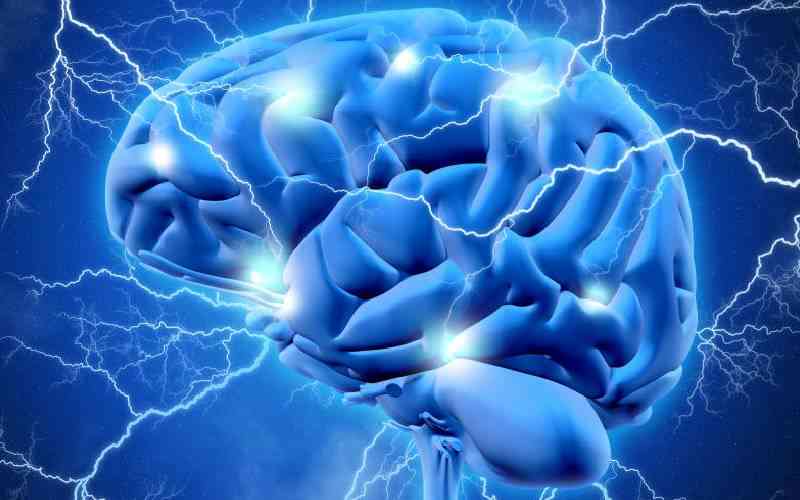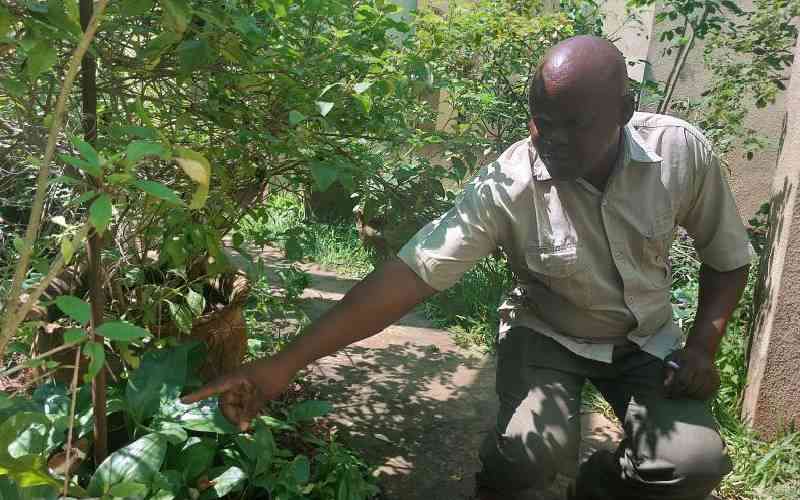
Have you ever thought about taking good care of your brain for optimal functioning and wondered how this could be done naturally without the intake of supplements?
Everyone needs a healthy brain to carry out everyday activities effectively.
Cognitive health is the ability to think, learn, and remember clearly, and it is just one aspect of overall brain health.
Many factors contribute to cognitive health. Genetic, environmental, and lifestyle factors may lead to a decline in thinking skills and the ability to perform everyday tasks, such as driving, paying bills, taking medicine, and cooking. Although genetic factors can’t be controlled, many environmental and lifestyle factors can be changed or managed.
Scientific research suggests that there are steps you can take to reduce your risk of cognitive decline and help maintain your cognitive health.
These small changes can add up, and making them part of your routine can support your brain function now and in the future.
Taking vitamin K nutrients can play a pivotal role in preventing cognitive decline, especially for adults who are ageing and need more of the nutrient. Vitamin K, a nutrient mainly found in green vegetables, should not be underrated, as it might be crucial for protecting the brain against cognitive decline.
- Mouth to mind: Is your oral health putting you at Alzheimer's risk?
- Brain evolution: New study uncovers what sets humans apart from chimpanzees
- How brain tumour surgery in Eldoret gave Ugandan hotelier second chance at life
- Your brain's worst enemies: 6 everyday habits that secretly age your mind
Keep Reading
According to a new study from Tufts University, US, published in the Journal of Nutrition, the vitamin may be particularly useful for maintaining cells in the hippocampus, the memory centre of the brain.
In a new experiment, scientists fed 60 middle-aged mice either a diet low in vitamin K or a normal diet for six months. They then performed behavioural tests designed to assess the mice’s learning and memory.
Scientists discovered that mice lacking vitamin K struggled with memory and learning.
Compared to those on a normal diet, the vitamin K-deficient mice had trouble recognising objects they had seen before, an indication of impaired memory.
“People need to eat a healthy diet,” said Prof Sarah Booth senior author of the study. “They need to eat their vegetables.”
Most people get enough vitamin K in their diets, but low vitamin K intake is common among older adults.
Great sources for this underrated vitamin K is found in spinach, kale, peas, brussels sprouts, broccoli, cabbage, parsley, avocado and kiwi.
 The Standard Group Plc is a multi-media organization with investments in media
platforms spanning newspaper print
operations, television, radio broadcasting, digital and online services. The
Standard Group is recognized as a
leading multi-media house in Kenya with a key influence in matters of national
and international interest.
The Standard Group Plc is a multi-media organization with investments in media
platforms spanning newspaper print
operations, television, radio broadcasting, digital and online services. The
Standard Group is recognized as a
leading multi-media house in Kenya with a key influence in matters of national
and international interest.











